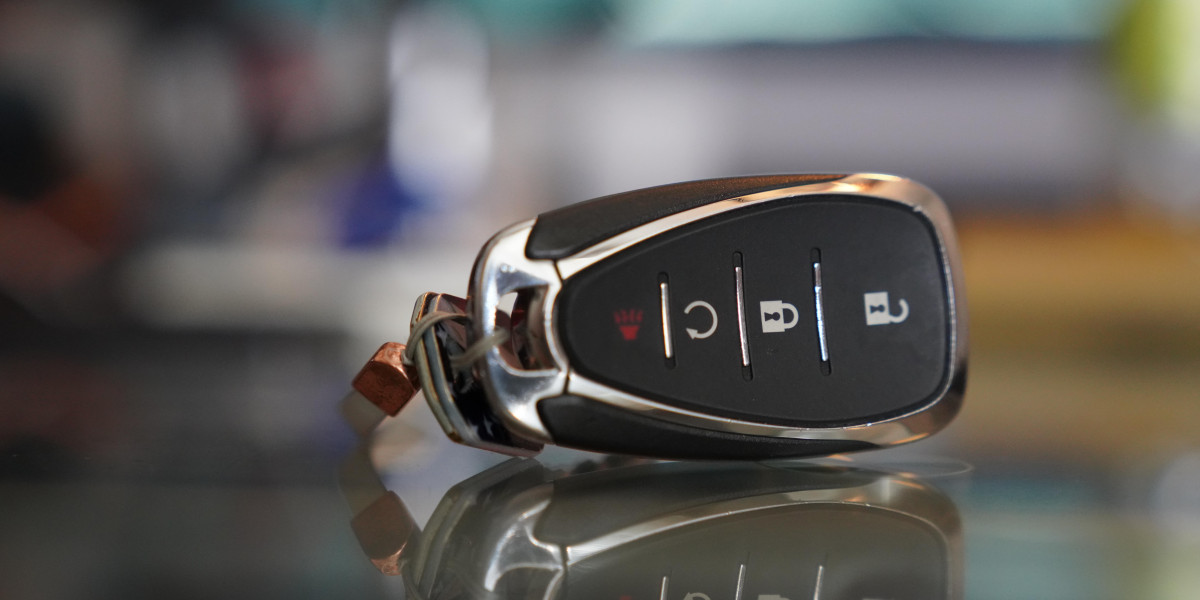
It's high stakes for UK firms as sports betting wagering starts to spread out in America.

From Tuesday, brand-new rules on betting entered impact in Delaware, a tiny east coast state about two hours from Washington.

Neighbouring New Jersey might begin accepting sports bets as early as Friday.
The changes are the very first in what could become a wave of legalisation after the Supreme Court last month cleared the method for states to allow sports wagering.
The industry sees a "once in a generation" opportunity to establish a new market in sports betting-mad America, said Dublin-based monetary analyst David Jennings, who heads leisure research study at Davy.
For UK companies, which are coming to grips with consolidation, increased online competitors and harder guidelines from UK regulators, the timing is especially opportune.
Why the betting market faces an unpredictable future
How does unlawful sports wagering work and what are the fears?
But the industry states depending on the US remains a dangerous bet, as UK companies deal with complex state-by-state regulation and competitors from established regional interests.
"It's something that we're really concentrating on, but similarly we don't wish to overhype it," said James Midmer, representative at Paddy Power Betfair, which recently acquired the US fantasy sports betting website FanDuel.
'Take some time'
The US represented about 23% of the world's $244bn (₤ 182bn) in gaming income in 2015, according to a report by Technavio, external released in January.
Firms are hoping to use more of that activity after last month's choice, which overruled a 1992 federal law that barred states outside of Nevada and a couple of others from authorising sports wagering.
The ruling found the law was an over-reach of federal power. But the court it did not actually legalise sports betting wagering, leaving that concern to regional legislators.
That is anticipated to result in considerable variation in how companies get accredited, where sports betting can take place, and which occasions are open to speculation - with big ramifications for the size of the marketplace.
Potential earnings varieties from $4.2 bn to nearly $20bn annually depending on aspects like the number of states move to legalise, Oxford Economics approximated in a 2017 study for the American Gaming Association.
"There was a lot of 'this is going to be substantial'", stated Will Hawkley, London-based head of leisure for experts KPMG.
Now, he stated: "I think most people ... are looking at this as, 'it's an opportunity but it's not going to be $20bn and it's going to be state by state and it's going to take time'."
'Remains to be seen"
Chris Grove, handling director at Eilers & Krejcik Gaming, forecasts that 32 states will legalise sports betting in some form by 2023, developing a market with about $6bn in yearly earnings.
But bookies deal with a far various landscape in America than they carry out in the UK, where betting stores are a regular sight.
US laws minimal gambling mostly to Native American lands and Nevada's Las Vegas strip till reasonably just recently.
In the popular imagination, sports betting wagering has long been linked to a 1919 baseball World Series match-fixing scandal.
States have also been sluggish to legalise many types of online gambling, regardless of a 2011 Justice Department opinion that appeared to get rid of obstacles.
While sports wagering is usually seen in its own classification, "it clearly stays to be seen whether it gets the sort of momentum individuals believe it will," said Keith Miller, law teacher at Drake University and co-author of a book about sports wagering guideline.
David Carruthers is the former president of BetonSports, who was apprehended in the US in 2006 for running an overseas online sportsbook and served prison time.
Now a consultant, he says UK firms need to approach the marketplace carefully, selecting partners with caution and avoiding errors that might lead to regulator backlash.
"This is a chance for the American sports gambler ... I'm not sure whether it is a chance for business," he states. "It really depends on the outcome of [state] legislation and how business operators pursue the chance."
'It will be partnerships'
As legalisation begins, sports wagering firms are lobbying to ward off high tax rates, as well as requests by US sports leagues, which wish to collect a portion of profits as an "stability cost".
International business deal with the included difficulty of an effective existing video gaming market, with gambling establishment operators, state-run lotteries and Native American tribes that are seeking to defend their turf.
Analysts state UK firms will require to strike collaborations, using their proficiency and innovation in order to make inroads.
They point to SBTech's recent statement that it is offering innovation for Kentucky Derby operator Churchill Downs as an example of the sort of deals likely to materialise.
"It will be a win-win for everyone, but it will be collaborations and it will be driven by innovation," Mr Hawkley stated.
'It will just depend'
Joe Asher, chief executive at William Hill US, is clear-eyed about the realities.
The business has been investing in the US market because 2011, when it purchased 3 US firms to establish a presence in Nevada.
William Hill now employs about 450 people in the US and has actually revealed collaborations with casinos in Iowa and New Jersey.
It works as threat supervisor for the Delaware Lottery and has invested millions together with a local developer in a New Jersey horse racing track.
Mr Asher said William Hill has actually ended up being a family name in Nevada however that's not necessarily the goal all over.
"We definitely plan to have a very substantial brand existence in New Jersey," he said. "In other states, it will just depend on policy and potentially who our regional partner is."
"The US is going to be the most significant sports wagering market worldwide," he included. "Obviously that's not going to happen on day one."








